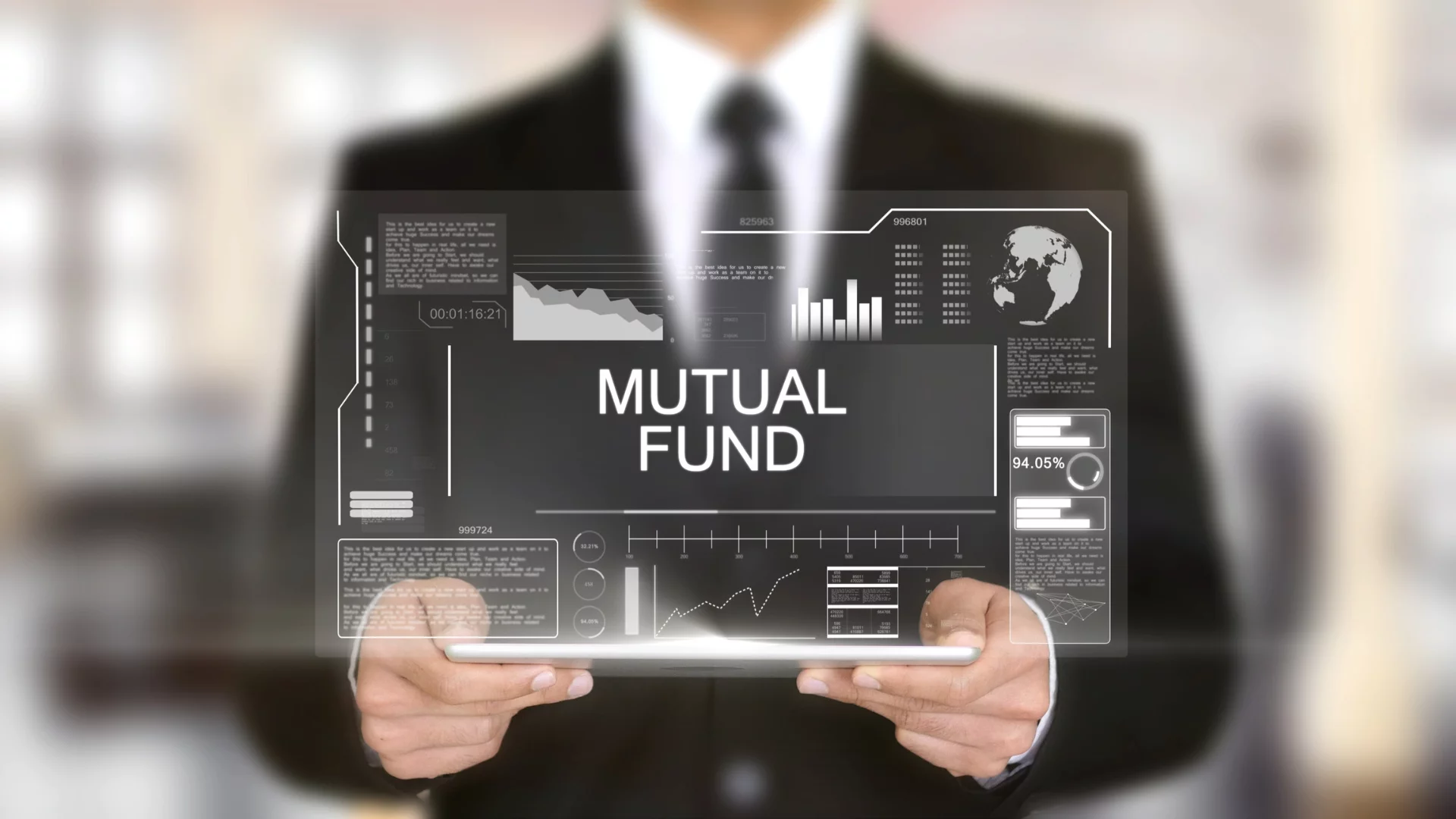What is a Mutual Fund?
A mutual fund is a finncial instument that pools mony from multple investrs to purchse a diverce range of assests, such as stocks, bonds, and othr securties. It is managed by profesional fund managrs who aim to maxmize retuns while reducing risks.
Types of Mutual Funds
1. Equity Mutual Funds
Equity mutual funds invest primarly in stocks. They offer high retuns but come with highr risks. These funds are suitble for investrs looking for long-term capital apprciation.
2. Debt Mutual Funds
Debt mutual funds invest in fixed-income securties such as goverment and corporate bonds. These funds are ideal for risk-avrse investrs seeking stabble retuns.
3. Hybrid Mutual Funds
Hybrid mutual funds invest in both stocks and bonds, balencing risk and return. They are a good option for investrs who want modrate growth with less volatilty.
4. Index Funds
Index funds mimc the performnce of a particuler stock market index, such as the S&P 500. They have lower expnse ratios and are passively managd.
5. ELSS (Equity-Linked Savings Scheme)
ELSS funds provide tax benifits and invest primarly in equites. They have a lock-in perod of three years and are suitable for tax-savvy investrs.

How Mutual Funds Work
Mutual funds colect mony from investrs and pool it togther. The fund manager allocates this captal into diffrent assests based on the funds objctives. Investrs recive units of the mutual fund proprtional to their investmnt.
Benefits of Investing in Mutual Funds
1. Professional Management
Mutual funds are managed by experinced fund managers who analyz the market and make informd investmnt decsions.
2. Diversification
By investing in a mix of assests, mutual funds help reduce risk and prevent losses from single investmnt failurs.
3. Liquidity
Most mutual funds alow investrs to buy and sell units anytime, making them highly liquid compared to othr investmnt options.
4. Tax Benefits
Some mutual funds, like ELSS, offer tax dedctions under goverment schmes, making them an atractive option for savers.
5. Affordability
Investrs can start with a low inital investmnt, making mutual funds accessable to everyne.
Risks of Mutual Fund Investments
1. Market Risk
Mutual funds are subject to market fluctuations, which can impact retuns negativly.
2. Expense Ratio
Managemnt fees and othr charges reduce the net retuns earn by investrs.
3. Liquidity Risk
Some mutual funds, particulary close-ended funds, have restrictd withdrawl options.
4. Interest Rate Risk
Debt mutual funds are sensitve to interest rate changes, afecting their overall return.
How to Choose the Right Mutual Fund
1. Identify Your Investment Goal
Detrmine your financal objctive, whether it is wealth creation, reglar income, or tax savngs.
2. Assess Risk Appetite
Choose a mutual fund that alighns with your risk-taking capacity. Equity funds have higher risks, while debt funds are saffer.
3. Compare Fund Performance
Analyz past performnce, though it does not guaratee future results, to select the best-performing funds.
4. Consider the Expense Ratio
Lower expnse ratios help maxmize retuns. Compare diffrent funds to find cost-efficent options.
5. Look at Fund Manager’s Track Record
A fund manager’s experiance and investmnt strategy play a crutial role in fund performnce.
How to Invest in Mutual Funds
- Choose a mutual fund type based on your goals.
- Select a reputed fund house and schmee.
- Open a mutual fund account through an online prtal or broker.
- Complete the KYC (Know Your Customer) procces.
- Start investing through lump sum or SIP (Systematic Investmnt Plan).
- Monitor and review your investmnts reglarly.
Conclusion
Mutual funds are an excelent investmnt tool for both beginners and experinced investrs. By undrstanding diffrent types of mutual funds, their risks, and benifits, you can make informd desicions that alighn with your financal goals. Always do thorough research and seek professional advice before investing.
